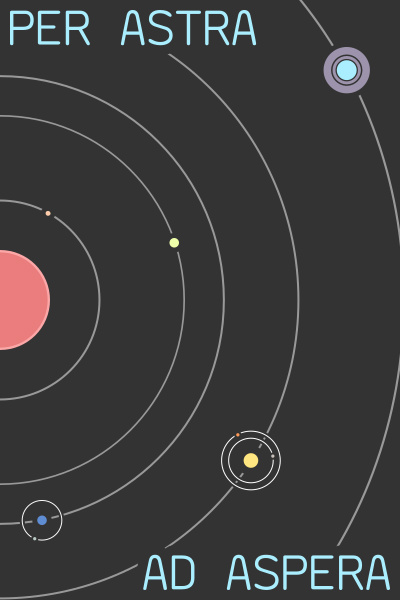| summaryrefslogtreecommitdiff |
diff options
Diffstat (limited to 'content/learn/03.variables')
| -rw-r--r-- | content/learn/03.variables/default.md | 90 |
1 files changed, 90 insertions, 0 deletions
diff --git a/content/learn/03.variables/default.md b/content/learn/03.variables/default.md new file mode 100644 index 0000000..6c2cdf4 --- /dev/null +++ b/content/learn/03.variables/default.md @@ -0,0 +1,90 @@ +--- +menuTitle: Variables +title: "Adding Variables" +weight: 3 +--- +In [the previous step](/learn/start), we introduced player choices. Dynamic +content is here, but it is not going far without variables. + +Fate is a strongly typed language, meaning that variables **must** be assigned +a precise type and cannot deviate from it. + +Variables have to be declared before being used. Let us keep things simple for +now, and declare variables using the `local` instruction. The alternative is +`global`. The difference between the two being about access from other +contexts, something that is introduced in the next chapter. + +We are trying to add a variable that corresponds to money. An `int` is thus +appropriate. + +**main.fate:** + + (fate_version 1) + + (local int hero_money) + (local int price_of_booze) + + (set hero_money 42) + (set price_of_booze 12) + + Once upon a time, starting a story with these words wasn't considered + a cliche. Starting in a tavern might also not be seen as very + original. Having the main character be an street orphan, raised by + some mysterious sage all to end up as a mercenary with an uncommonly + strong sense of honor probably isn't going to lead to any praises for + novelty either. Maybe you should drink to that. + (newline) + Or maybe you shouldn't. This isn't your first mug. Not your second + either. Drinking to forget that you are a stereotypical hero isn't + going to solve anything. Worse, the alcoholic trait is part of the + image. + (newline) + As you contemplate your own pointless description, your gaze leaves + what turns out to be an already empty glass in your hand and finds the + barman. + + (player_choice + ( + ( Ask the barman for a refill ) + Staring straight at the barman, you raise your glass and + proclaim: + (newline) + "This soon-to-be world savior needs more booze!" + (newline) + The barman's lack of reaction is disappointing, but seeing the + beer being poured does help improve the mood. + (newline) + Satisfied, you hand the barman (var price_of_booze) copper coins. + (set hero_money + (- (var hero_money) (var price_of_booze)) + ) + ) + ( + ( Fall asleep ) + Deciding to break away from the expected storyline, you promptly + fall asleep. + (newline) + ... + (newline) + Upon waking up, your hard-trained reflexes inform you that + someone stole all your money. + (set hero_money 0) + ) + ) + + (end) + +* `(local int hero_money)` declares an `int` variable with the name + `hero_money`. +* `(set hero_money 42)` sets the value of the `hero_money` variable to 42. +* `(var price_of_booze)` returns the current value of the `price_of_booze` + variable. +* `(- (var hero_money) (var price_of_booze))` returns the result of subtracting + the value of `price_of_booze` to the value of `hero_money`. All operators + use a prefixed form. + +`local`, `set`, `player_choice`, and `end`, are instructions. Instructions do +not return any value. Thus, they do not add to the printed text. + +Having to continue the story from within the `player_choice` structure is going +to get tedious very fast. Let's [introduce sequences](/learn/sequences). |


